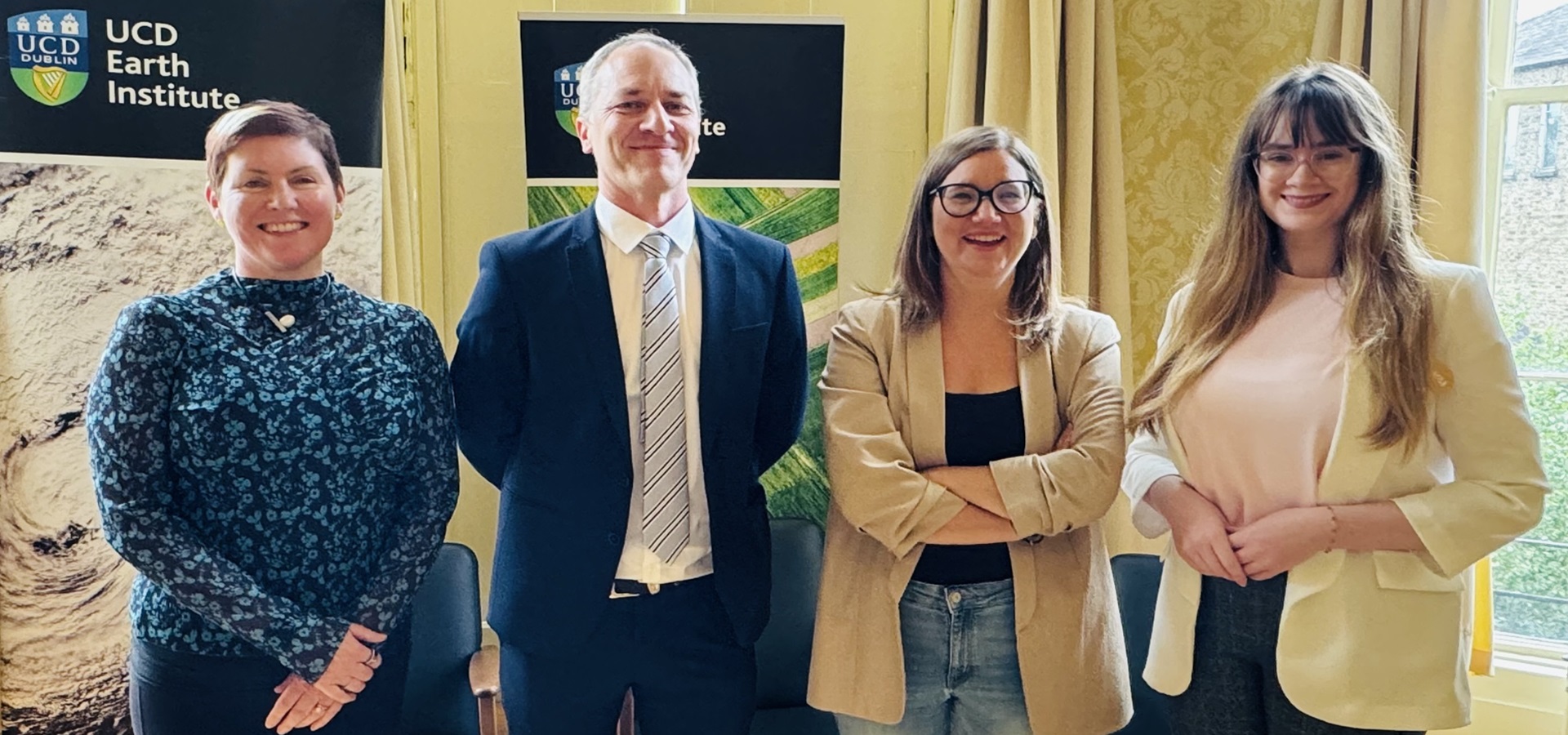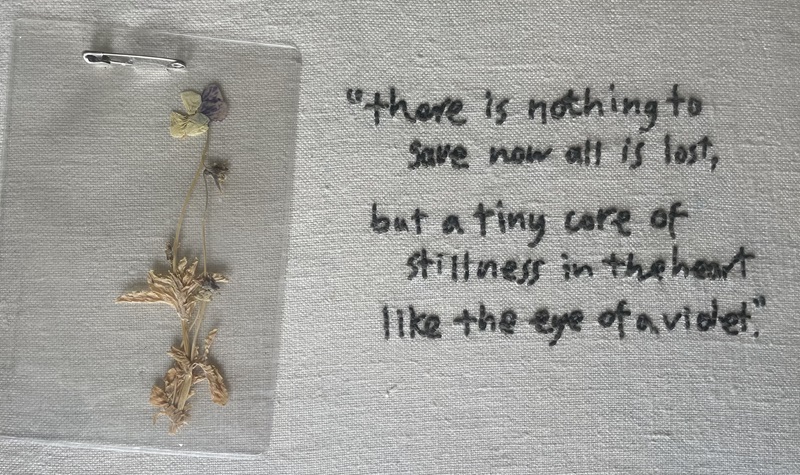The Innovation Academy Makerspace

The Innovation Academy Makerspace gives students and researchers the hard and soft skills to support a transition to a sustainable society. The climate crisis, COVID, and the War in Ukraine, are but a few examples requiring we collectively and individually become more resilient and adapt to rapid changes. The structure of our economic and social system contributes to deskilling and at the same time the need for reskilling people. In response, the Innovation Academy Makerspace seeks to help individuals become more resilient and self-sufficient.
The Makerspace approach focuses on learning from doing. Students and researchers gain hard skills in manufacturing technology and design technology. At the same time, they develop critical soft skills like teamwork, design thinking, and creativity. Innovation Academy courses are multidisciplinary. The MakerSpace activities, classes and workshops place an emphasis on dynamic teams working together to achieve goals.
This approach mirrors the professional workforce teaching students and researchers to work with others from different backgrounds. On projects, participants work and communicate across silos. For example, a business student communicates with an engineering student, or a marketing student works with a biology student.

The combination of gaining soft and hard skills while making things builds students’ self-confidence and makes them more resilient.
The Makerspace is also a fun place to learn. In class, students are tasked with creating and marketing “the ultimate action figure” complete with accessories, backstories and retail packaging. In the process, students learn about cutting-edge packaging alternatives replacing traditional styrofoam with biodegradable mycelium (the roots of mushrooms). The chocolate project is another hands-on activity which supports learning about value-chains, carbon footprints, agriculture, marketing and design. They actually learn to laser-cut and 3D print moulds to create bespoke chocolates.
Virtual Reality is a newer area students are getting to explore. They learn about applications of VR from visualizing cells and algae to creating immersive training environments.
The Makerspace collaborates across UCD. Here are a few examples:
- iCRAG created interactive models showcasing the Geology of the Irish countryside
- iFORM to hold 3D printing workshops and allows students to expand their knowledge of 3D printing
- UCD Centre for Experimental Archaeology & Material Culture (CEMAC)
- Newly-established Sustainability Society to hold workshops on clothing repair and upcycling
- Revolution Ragu which grows mushrooms on campus from spent coffee grounds.
The Innovation Academy and the Makerspace are always open to working with new Collaborators.
In summary, students make things as a way to reskill and upskill them while grounding this in a design thinking framework building their resilience and confidence. Makerspace is to the Fourth Industrial Revolution what the PC lab of 30 years ago was to the IT revolution.

